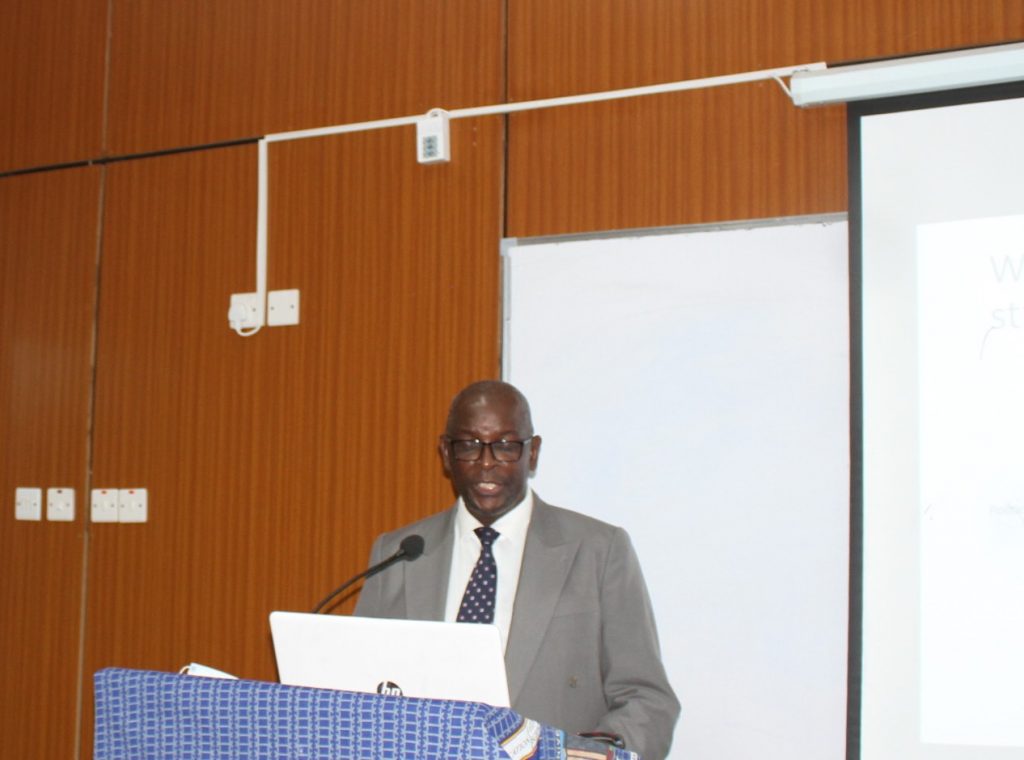Economic and business experts have expressed dissatisfaction with the implementation of Malawi Vision 2063, arguing the country is good at designing good strategies but bad at implementation.
Speaking during the CUNIMA Conversation, an initiative introduced at the Catholic University of Malawi (CUNIMA) to provide a forum for discussing matters of national interest, one of the lecturers at the university, Dr. Gregory Kunyenje, said the country’s strategies suffer poor implementation.
He asked government to put in place policies that will deter or minimise corruption instead of dealing with the vice in courts.
He said: “By now, we need to ask ourselves specific questions; why has Malawi failed to achieve most of its strategic plans? We will find that ineffective leadership, politicisation and rampant corruption are some of the problems that affected the successful implementation of our strategies.”
Concurring with Kunyenje, Illovo Sugar (Malawi) plc Managing Director Lekani Katandula called for the need to have a favourable environment for agricultural productivity and commercialisation, industrialisation and urbanisation if the country is to achieve MW2063 (MIP-1) 10-year plan.
He said: “How many people like me believe that Malawians are hardworking people? They wake up in the morning with their hoes on their shoulders, go for their farm work.
Elsewhere, someone takes a tractor and cultivates hectares and hectares of land, when are we moving from the hoes to these machines, if we need to commercialise the agriculture sector?”
Responding to the observations, National Planning Commission Director of Knowledge and Learning Dr.Joseph Nagoli said the country needs mindset change for the successful implementation of the plan.
He further urged the academia and the business community to join government in implementing the visions’ efforts.
Introduced as a new initiative at the university, Cunima Conversations will be providing face-to-face expert discussions on things affecting Malawians.

